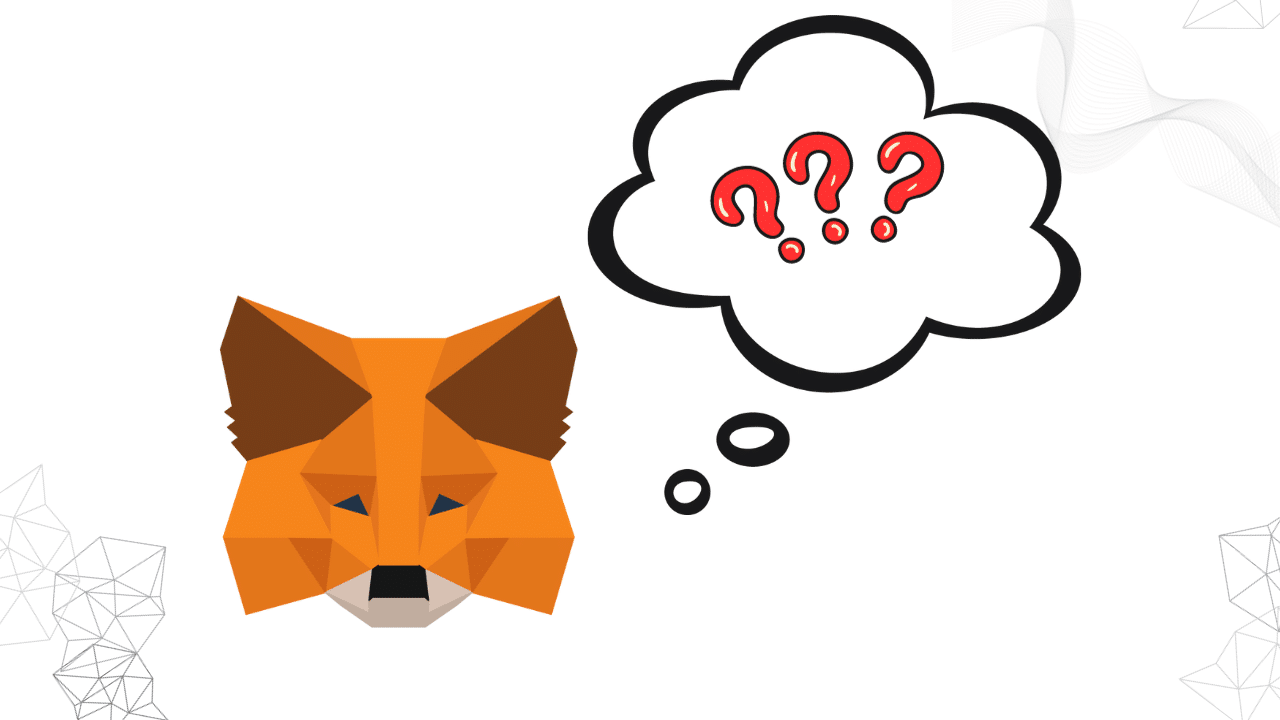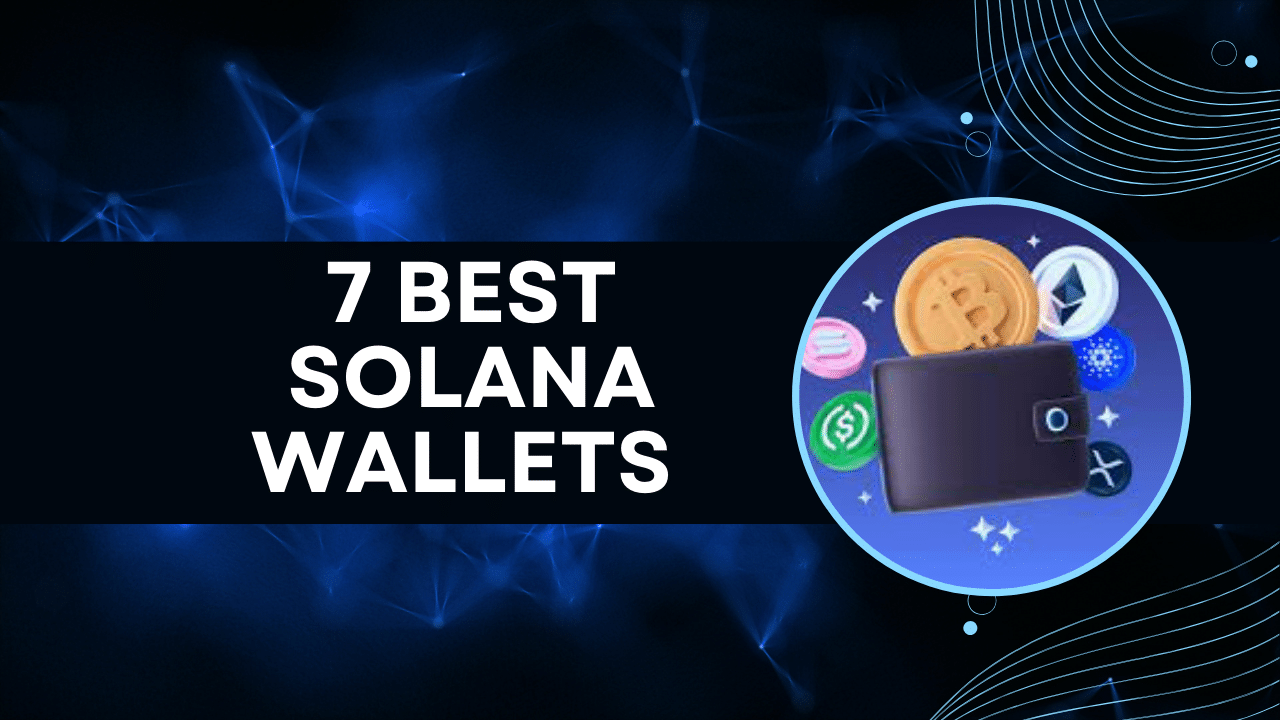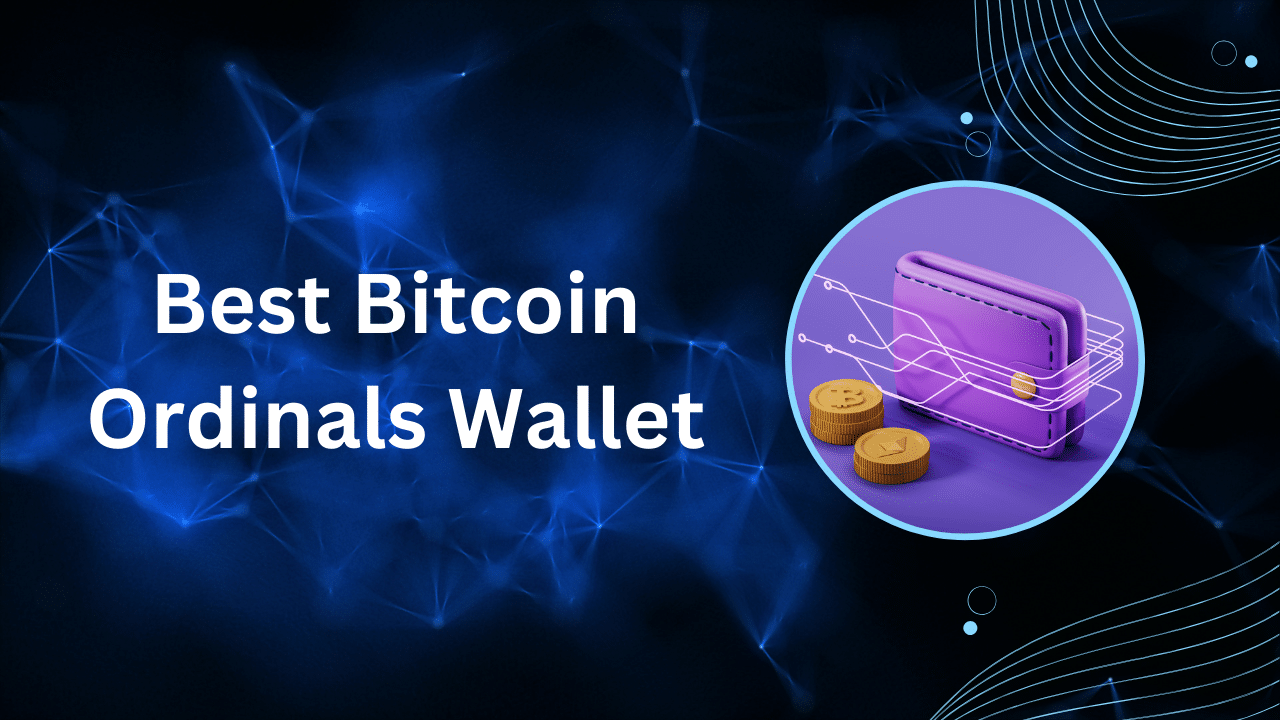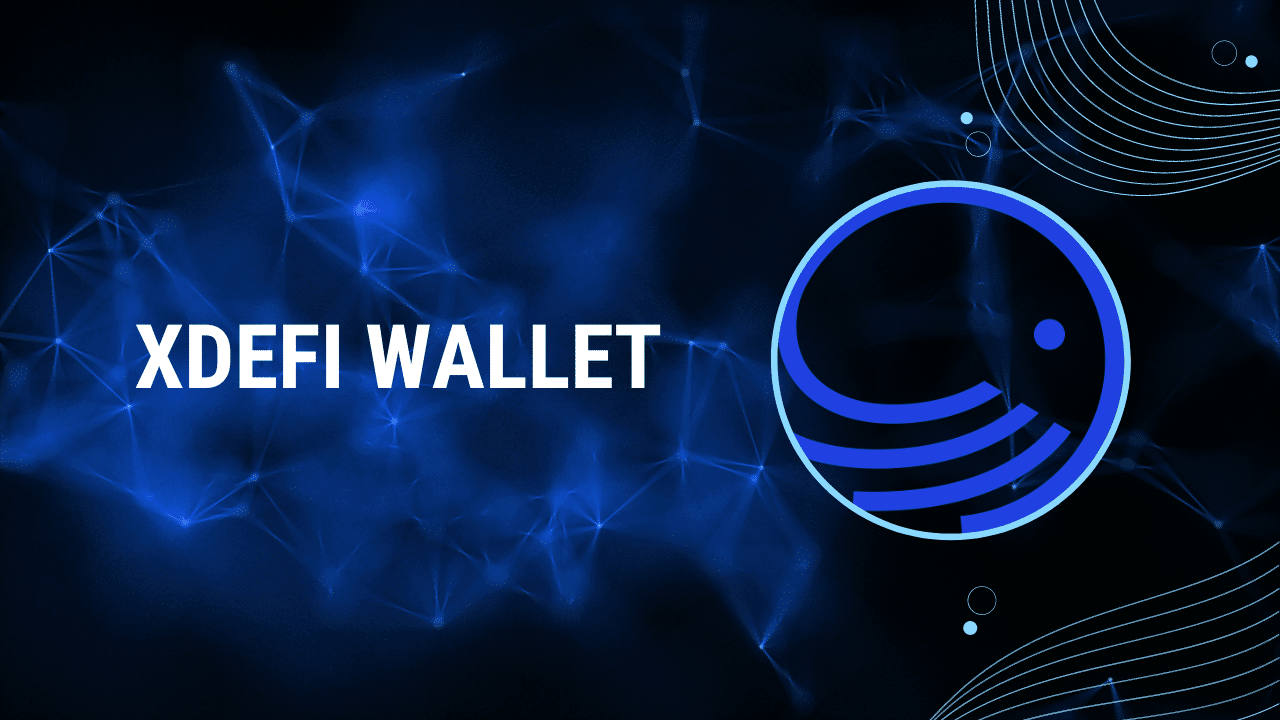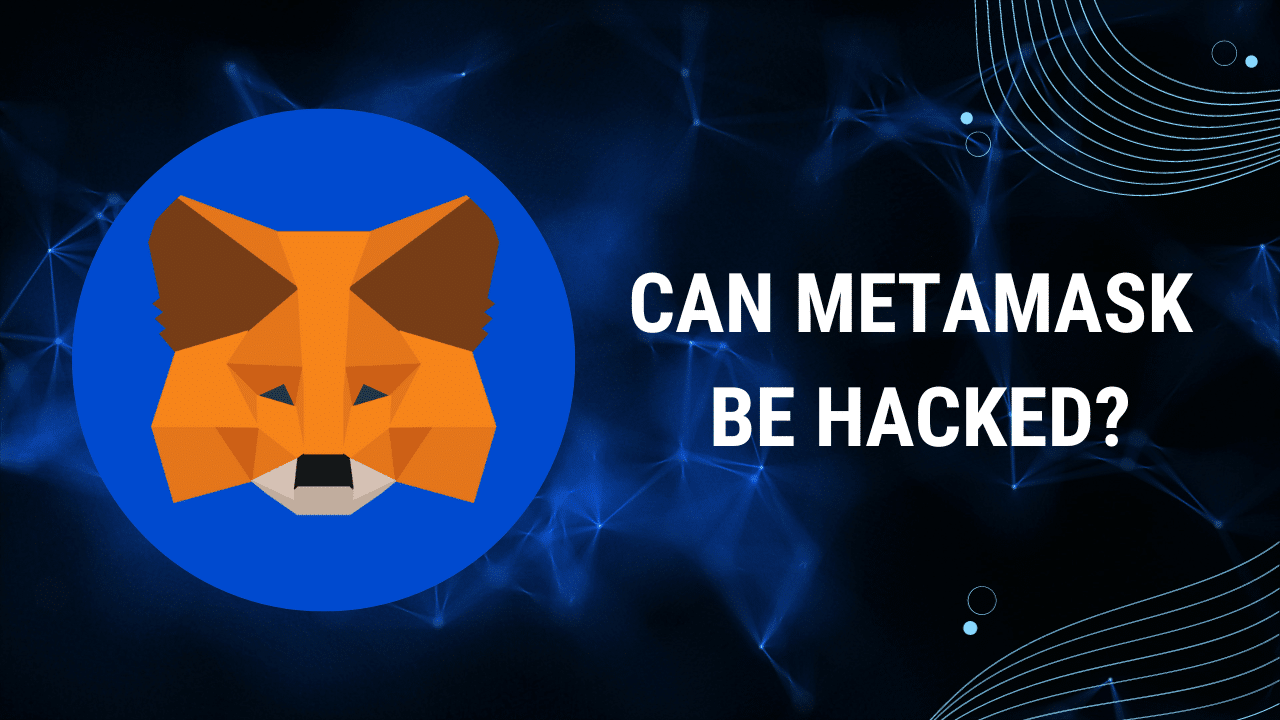Contents
|
|
Picture this: you’ve recently ventured into the world of cryptocurrencies and now you’re looking for a secure way to store your crypto assets. One option is to use cryptocurrency wallets, also known as online wallets or digital wallets, which allow you to manage your crypto assets through a wallet account. Enter MetaMask, a popular browser extension that allows you to interact with decentralized applications (dApps) on the Ethereum blockchain using crypto wallets and cryptocurrency wallets. With MetaMask, you can securely manage your crypto tokens and seamlessly connect to dApps directly from your browser. But before you embark on your crypto journey, there’s one burning question on your mind: is MetaMask, the secure wallet for ethereum tokens, safe for your wallet account and coins?
In this blog post, we’ll explore the security features of MetaMask, an ethereum wallet account platform. We’ll discuss how MetaMask safeguards your precious cryptocurrencies and tokens, and provide valuable insights to help you make an informed decision about whether or not to trust MetaMask with your crypto funds. Additionally, we’ll highlight the compatibility of MetaMask with the Firefox browser. So buckle up and get ready to discover if MetaMask is indeed a safe option for storing your crypto tokens and digital wealth in crypto wallets.
Contents
MetaMask Security: Understanding Potential Risks
MetaMask, the ethereum wallet account, undoubtedly offers convenience and ease of use for managing your cryptocurrency assets on the mobile app platform. However, it’s crucial to be aware of the potential risks that come along with using this mobile app platform for ethereum and crypto wallet tokens. By understanding the risks associated with using a crypto wallet, such as the ethereum wallet, you can take the necessary precautions to protect your funds effectively. This is especially important when dealing with tokens and using a mobile app for managing your crypto assets.
Phishing Attacks: A Major Threat to MetaMask Wallet Security
Phishing attacks are one of the most common and significant threats faced by users of MetaMask wallets in the crypto and ethereum community. Protecting your mobile app and tokens from these attacks is crucial. These attacks involve malicious actors attempting to deceive users of crypto wallets and ethereum into revealing their private keys or sensitive information through fake websites or emails that mimic legitimate platforms. Protect your tokens by staying vigilant and verifying the authenticity of any app or platform you use.
To safeguard yourself against phishing attacks:
-
Always double-check the website URL before entering any sensitive information on an app or crypto wallet for ethereum tokens.
-
Be cautious of unsolicited emails or messages requesting personal details, especially when it comes to your crypto wallet and app. Protect your ethereum and tokens by staying vigilant.
-
Enable two-factor authentication (2FA) for an added layer of security when using a crypto wallet app for Ethereum and tokens.
-
Educate yourself about common phishing techniques and stay vigilant.
Malicious Websites: Another Risk Factor
Apart from phishing attacks, another risk factor associated with using the MetaMask crypto wallet app is visiting malicious websites that could compromise your ethereum. These crypto websites may contain harmful scripts or malware designed to exploit vulnerabilities in your browser or compromise your ethereum wallet’s security.
Here are some steps you can take to protect yourself and your crypto wallet when using ethereum.
-
Install a reliable ad-blocker and anti-malware software on your device to protect yourself while engaging in crypto activities, such as using Ethereum.
-
To protect your crypto assets and ensure the security of your Ethereum wallet, it is important to exercise caution and avoid clicking on suspicious links or downloading files from untrusted sources.
-
Consider using a separate browser solely dedicated to accessing ethereum and other cryptocurrency-related websites.
Smart Contract Vulnerabilities: Proceed with Caution
While smart contracts offer exciting possibilities for decentralized applications (dApps) on the Ethereum blockchain, they also pose certain risks when interacting with them through MetaMask wallets. These risks are inherent to the crypto ecosystem. Smart contract vulnerabilities in the crypto space can result in the loss of funds or unauthorized access to your wallet.
To mitigate these risks:
-
Thoroughly research and verify the reputation of any crypto dApp before interacting with it.
-
Be cautious when approving crypto transactions involving smart contracts, especially if you are unfamiliar with the crypto project.
-
Consider using a separate crypto wallet for high-risk interactions and keep only a limited amount of funds in your MetaMask wallet.
Inadequate Security Measures: A User Responsibility
It’s important to acknowledge that while MetaMask provides security features for crypto, ensuring the safety of your crypto funds ultimately falls on the user. Negligence or poor security practices can expose your crypto wallet to various threats.
Here are some best practices to follow:
-
Create a strong and unique password for your MetaMask account.
-
Regularly back up your seed phrase in a secure location offline.
-
Keep your device and software up to date with the latest security patches.
-
Avoid sharing sensitive information about your wallet or transactions publicly.
Remember, being proactive in securing your MetaMask wallet is crucial in protecting your cryptocurrency assets from potential risks and threats.
Ensuring Safe Usage of MetaMask: Basic Tips
Implementing strong password practices and enabling two-factor authentication
Implementing strong password practices is crucial. A strong password should be a combination of uppercase and lowercase letters, numbers, and special characters. Avoid using easily guessable information like your name or birthdate. Remember, the stronger your password, the more secure your wallet will be.
Enabling two-factor authentication (2FA) adds an extra layer of security to your MetaMask account. By linking your account to a trusted device or application, such as a Hardwallet to ensure that only authorized individuals can access your wallet. Even if someone manages to obtain your password, they would still need physical access to your 2FA device to gain entry.
Regularly updating both your browser and MetaMask extension
To maintain optimal security against known vulnerabilities, it is essential to keep both your browser and MetaMask extension up to date. Developers frequently release updates that address potential security risks and enhance overall performance. By regularly updating these components, you minimize the chances of falling victim to attacks targeting outdated software.
Updating your browser not only ensures compatibility with the latest versions of MetaMask but also provides additional security features and bug fixes. Most modern browsers have automatic update mechanisms in place; however, it’s always a good idea to manually check for updates periodically.
Being cautious while interacting with dApps and avoiding suspicious links or downloads
When using MetaMask to interact with decentralized applications (dApps), exercise caution before granting permissions or authorizing transactions. Carefully review each transaction message displayed by MetaMask before confirming any action. Be vigilant for any unexpected requests for excessive gas fees or suspicious activity.
While browsing the internet, be wary of clicking on unfamiliar links or downloading files from untrusted sources. Malicious actors may attempt phishing attacks by creating fake websites or distributing malware-infected files. Always verify the authenticity and security of websites and downloads before proceeding.
Keeping your recovery phrase secure
Your MetaMask recovery phrase is a vital component in safeguarding your wallet. It serves as a backup that allows you to restore access to your funds in case of device loss, theft, or other unforeseen circumstances. Treat your recovery phrase like a valuable possession and store it securely offline.
Avoid storing your recovery phrase digitally or sharing it with anyone. Consider using physical methods such as writing it down on paper and keeping it in a safe place, away from prying eyes. By taking these precautions, you minimize the risk of unauthorized access to your wallet.
Being mindful of gas fees when transacting
When making transactions using MetaMask, it’s important to be aware of the associated gas fees. Gas fees are required to process transactions on the Ethereum network and can vary depending on network congestion and transaction complexity. Before confirming a transaction, carefully review the estimated gas fees displayed by MetaMask.
If the gas fees seem unusually high or out of line with current market rates, consider adjusting the gas price manually to ensure you’re not overpaying unnecessarily. Gas optimization techniques like batched transactions or utilizing layer 2 solutions can also help reduce overall transaction costs.
Is MetaMask Safe? Exploring Safety Features and Updates
MetaMask, the popular browser extension for interacting with decentralized applications (dApps) on the Ethereum blockchain, prioritizes user safety by regularly releasing updates to address any identified vulnerabilities or bugs. These updates play a crucial role in enhancing the overall safety of the platform.
Network Confirmation Prompts
One of MetaMask’s key safety features is its network confirmation prompts. When you initiate a transaction on MetaMask, it prompts you to confirm the network you are using before proceeding. This step acts as an additional safeguard against accidental transactions on unintended networks.
By displaying this prompt, MetaMask ensures that users are aware of which Ethereum network they are operating on, such as Mainnet, Testnet, or a custom network. This feature helps prevent potential mishaps and reduces the risk of sending transactions to incorrect addresses or incompatible networks.
Gas Fee Estimation
Another notable safety feature offered by MetaMask is gas fee estimation. Gas fees are required to process transactions on the Ethereum network, and their fluctuating prices can sometimes be confusing for users.
To address this issue, MetaMask provides an estimate of the gas fee required for each transaction based on current market conditions. This estimation allows users to make informed decisions about whether to proceed with a transaction at a given time or wait for more favorable gas prices.
The gas fee estimation feature not only enhances user experience but also protects users from accidentally overspending on transaction fees due to sudden price spikes in gas fees.
Transaction History Review
MetaMask also offers a convenient way for users to review their transaction history within the wallet interface itself. By providing access to a detailed record of past transactions, users can easily track and verify their activity on the Ethereum blockchain.
This feature enables users to review important details such as transaction amounts, recipient addresses, and timestamps. It serves as a valuable tool for detecting any suspicious or unauthorized activity associated with their accounts.
By regularly reviewing their transaction history, users can identify and report any potential security breaches or unauthorized transactions promptly. This proactive approach helps safeguard their funds and maintain the overall security of their MetaMask wallet.
Token Approvals
MetaMask’s safety features extend beyond transaction-related functionalities. The wallet interface also includes a token approvals section, which allows users to manage their approved tokens for interacting with various dApps.
This feature enables users to review and revoke previously granted token approvals. By maintaining control over which dApps have access to their tokens, users can prevent malicious or untrusted applications from making unauthorized transfers on their behalf.
Furthermore, MetaMask provides an option to set default token allowances, ensuring that only approved amounts are accessible by dApps unless explicitly specified otherwise by the user. This granular control over token approvals adds an extra layer of security and mitigates the risk of unintended token transfers.
Safeguarding Your Secret Recovery Phrase and Private Keys
Importance of Securing Your Secret Recovery Phrase
Your secret recovery phrase is the key to accessing your funds in case your device is lost or stolen. It serves as a backup that allows you to restore your wallet account and regain control over your cryptocurrency assets. Safeguarding this phrase offline is crucial to ensure the safety of your funds.
Keeping Your Recovery Phrase Secure
To protect your secret recovery phrase, it’s essential to follow some security measures:
-
Store Offline: Keep a physical copy of your recovery phrase in a safe and secure location, away from prying eyes and potential hackers. Writing it down on paper and storing it in a locked drawer or safe can prevent unauthorized access.
-
Avoid Digital Storage: Never store your secret recovery phrase digitally, such as saving it on a computer or cloud storage. These platforms are susceptible to hacking attempts and malware attacks, which could compromise the security of your wallet.
-
Use Hardware Wallets: Consider utilizing hardware wallets for an added layer of security. These devices store private keys offline, making them less vulnerable to online threats. Hardware wallets keep your keys isolated from potential malware or phishing attacks.
-
Encrypt Storage Solutions: If you choose to store your private keys digitally, make sure they are encrypted using reliable encryption methods. This adds another level of protection against unauthorized access.
Protecting Private Keys from Unauthorized Access
Private keys play a crucial role in securing your cryptocurrency wallet. They grant access to manage and transfer funds within the blockchain network. To safeguard these keys:
-
Never Share Privately: Avoid sharing sensitive information related to your wallet with anyone, including recovery phrases or private keys. Sharing this information increases the risk of unauthorized access and potential loss of funds.
-
Beware of Phishing Attacks: Stay vigilant against phishing attacks that attempt to trick you into revealing confidential information. Be cautious of suspicious emails, websites, or messages that ask for your private keys or recovery phrases. Legitimate organizations will never request this information from you.
-
Double-Check URLs: When accessing your wallet online, ensure that you are visiting the official website and not a malicious clone designed to steal your private keys. Double-check the URL and look for secure connections (HTTPS) to verify the authenticity of the site.
-
Use Two-Factor Authentication: Enable two-factor authentication (2FA) whenever possible. This adds an extra layer of security by requiring a second verification step, such as entering a unique code sent to your mobile device.
Additional Security Measures
In addition to securing your secret recovery phrase and private keys, consider implementing these best practices:
-
Strong Passwords: Choose strong passwords for your wallet accounts that are unique and hard to guess. Avoid using common phrases or personal information that can be easily obtained.
-
Regular Updates: Keep your cryptocurrency wallets updated with the latest versions available. Developers often release updates to address security vulnerabilities and improve overall performance.
-
Be Cautious with New Wallets: When setting up a new wallet, research its reputation and security features before transferring any funds into it. Stick to well-established wallets with positive user reviews.
By following these security measures and taking proactive steps to protect your secret recovery phrase and private keys, you can significantly reduce the risk of unauthorized access or loss of funds from your cryptocurrency wallet.
MetaMask vs Hardware Wallets: Which Offers Better Security?
MetaMask has gained popularity as a digital wallet option for managing crypto assets. It provides users with a convenient way to access and interact with decentralized applications (dApps) directly from their web browser. However,Many users wonder if MetaMask is safe enough to protect their digital assets.
Enhanced Security with Hardware Wallets
While MetaMask offers convenience and accessibility, hardware wallets take security to the next level by keeping your private keys offline. This means that your sensitive information is never exposed to potential online threats such as malware attacks or phishing attempts. By storing your private keys on a physical device that is disconnected from the internet, hardware wallets provide an extra layer of protection for your digital assets.
Here are some key benefits of using a hardware wallet:
-
Offline Storage: Hardware wallets store your private keys securely offline, minimizing the risk of them being compromised by hackers or malware.
-
Phishing Protection: With hardware wallets, you can verify transactions directly on the device’s screen before approving them. This protects you against phishing attempts where malicious actors try to trick you into authorizing fraudulent transactions.
-
Secure Element Chip: Many hardware wallets utilize secure element chips that are specifically designed to resist tampering and unauthorized access.
-
PIN Code Protection: To access your funds on a hardware wallet, you need to enter a PIN code on the device itself. This adds an extra layer of security in case your wallet falls into the wrong hands.
Assessing Your Risk Tolerance
When deciding between MetaMask and a hardware wallet, it’s important to assess your risk tolerance and consider the value of your holdings. If you have significant investments in cryptocurrencies or hold valuable digital assets, using a hardware wallet may be more suitable for you due to its enhanced security features.
On the other hand, if you have a smaller amount of crypto assets or frequently engage in transactions and interactions with dApps, MetaMask can provide a convenient and user-friendly experience. It allows you to seamlessly access various dApps without the need for additional hardware.
Choosing the Right Option for You
To determine whether MetaMask or a hardware wallet is the better choice for you, consider the following factors:
-
Security Requirements: Assess your risk tolerance and evaluate how much security you need to protect your digital assets.
-
Value of Holdings: Consider the value of your crypto investments and decide if it warrants investing in a hardware wallet for added security.
-
Frequency of Transactions: If you frequently interact with dApps or make multiple transactions, MetaMask’s convenience may outweigh the need for offline storage.
-
Budget: Hardware wallets come at a cost, so consider your budget when deciding on the right option.
Ultimately, there is no one-size-fits-all answer to whether MetaMask or a hardware wallet is safer. It depends on your individual circumstances and priorities. Some users may opt for both options: using MetaMask for daily transactions and keeping their long-term investments stored securely in a hardware wallet.
Privacy Concerns: Does MetaMask Collect Sensitive Information?
MetaMask is a popular browser extension that allows users to interact with decentralized applications (dApps) on the Ethereum blockchain.Many users wonder if MetaMask collects sensitive information such as personal data or transaction history. Let’s take a closer look at this issue and understand how MetaMask handles user privacy.
MetaMask and User Data
One of the key aspects of MetaMask’s privacy policy is that it does not collect any sensitive information from its users. This means that personal data, including your name, email address, or any other identifiable information, is not stored by the extension. As a result, you can rest assured knowing that your personal details are kept private and secure.
Local Operation for Enhanced Privacy
To ensure maximum privacy for its users, MetaMask operates locally on your device rather than relying on external servers. This means that all transactions and interactions with dApps happen directly on your computer or mobile device without being transmitted to any central server. By keeping everything local, MetaMask significantly reduces the risk of data breaches and unauthorized access to sensitive information.
Third-Party dApps and Privacy Policies
While MetaMask itself prioritizes user privacy, it’s important to note that the third-party dApps you interact with may have their own privacy policies in place. When using these decentralized applications through MetaMask, it’s crucial to review and understand their respective privacy policies before sharing any personal or sensitive information.
To further protect your privacy while using dApps through MetaMask, consider the following tips:
-
Be cautious when granting permissions: Some dApps may request access to certain pieces of information or functionalities provided by your browser or operating system. Before granting permissions, carefully evaluate whether it is necessary for the app’s functionality.
-
Use reputable dApps: Stick to well-known and trusted decentralized applications when interacting through MetaMask. These apps are more likely to have robust privacy measures in place.
-
Keep your MetaMask wallet secure: Protect your MetaMask wallet with a strong password and enable two-factor authentication if possible. This adds an extra layer of security to your transactions and sensitive information.
Assessing the Safety of MetaMask
We discussed potential risks and provided tips to ensure safe usage. We also explored the safety features and updates offered by MetaMask, as well as compared its security with hardware wallets. We addressed privacy concerns regarding sensitive information collection.
Now that you have a better understanding of MetaMask’s safety, it’s important to remember that no digital tool is completely immune to risks. However, by following best practices such as safeguarding your recovery phrase and private keys, using strong passwords, and staying vigilant against phishing attempts, you can significantly enhance your security while using MetaMask.
Remember, protecting your digital assets is a shared responsibility between you and the platform you choose. Stay educated about the latest security measures and updates from MetaMask to keep up with evolving threats. By taking these precautions and utilizing the safety features available, you can confidently enjoy the benefits of decentralized finance while minimizing potential risks.
FAQs
Is MetaMask safe for storing large amounts of cryptocurrency?
MetaMask provides a secure environment for storing your cryptocurrency assets; however, it’s generally recommended to use hardware wallets for storing large amounts of cryptocurrency. Hardware wallets offer an extra layer of physical security by keeping your private keys offline.
Can I trust third-party dApps connected through MetaMask?
While most dApps connected through MetaMask are trustworthy, it’s essential to exercise caution when interacting with third-party applications. Do thorough research on any dApp before using it and be mindful of potential scams or malicious activities.
What should I do if my MetaMask account gets compromised?
If you suspect that your MetaMask account has been compromised or if you lose access to it, act quickly. Immediately disconnect any connected accounts or devices and report the incident to both MetaMask support and relevant authorities if necessary.
Are my transactions private when using MetaMask?
MetaMask itself does not collect sensitive information about your transactions. However, it’s important to note that blockchain transactions are generally public and can be viewed by anyone. If privacy is a significant concern, you may want to explore other privacy-focused cryptocurrencies or additional tools like VPNs.
Can I use MetaMask on mobile devices?
Yes, MetaMask is available as a mobile application for both iOS and Android devices. You can download the app from the respective app stores and enjoy the convenience of accessing your MetaMask wallet on the go.
